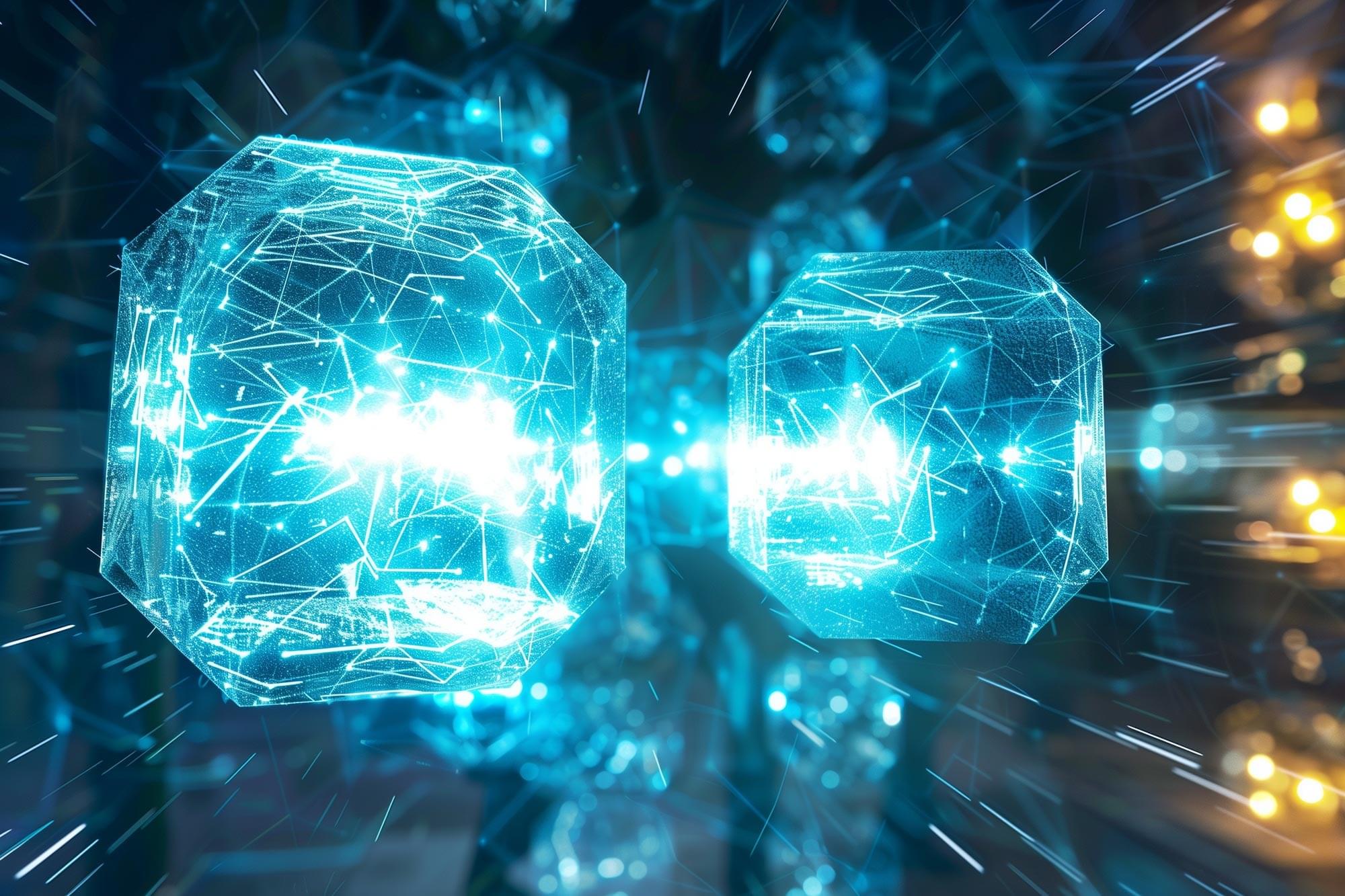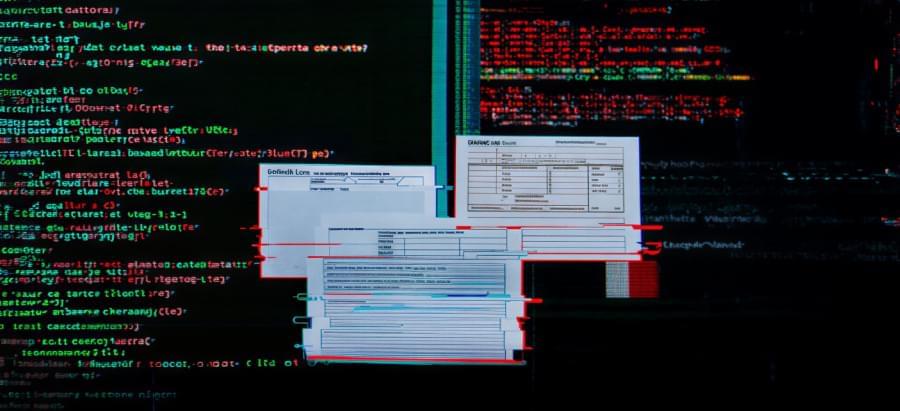Researchers have identified a bone-driven signaling pathway that may explain how spinal degeneration leads to chronic pain.






The kind of light you use can reveal very different things about a material. Visible light mainly shows what is happening at the surface. X-rays can probe structures inside. Infrared light highlights the heat a material gives off.
Researchers at MIT have now turned to terahertz light to uncover quantum vibrations in a superconducting material, signals that scientists have not been able to observe directly until now.

Quantum computers are often described as a glimpse of a faster, more powerful future. The catch is that today’s devices are fragile in a way ordinary computers are not. Their biggest headache is decoherence, the gradual loss of the delicate quantum behavior that makes them useful in the first place. When decoherence sets in, it can trigger two common kinds of mistakes: bit flips and phase flips.
A bit flip is the more intuitive problem. A qubit that should represent ‘0’ can unexpectedly behave like ‘1’. A phase flip is stranger but just as damaging. Even if a qubit stays in a superposition, the relationship between its components can suddenly switch, turning a positive phase into a negative one and scrambling the computation.

“Always validate that accounts listed by candidates are controlled by the email they provide,” Security Alliance said. “Simple checks like asking them to connect with you on LinkedIn will verify their ownership and control of the account.”
The disclosure comes as the Norwegian Police Security Service (PST) issued an advisory, stating it’s aware of “several cases” over the past year where Norwegian businesses have been impacted by IT worker schemes.
“The businesses have been tricked into hiring what likely North Korean IT workers in home office positions,” PST said last week. “The salary income North Korean employees receive through such positions probably goes to finance the country’s weapons and nuclear weapons program.”


